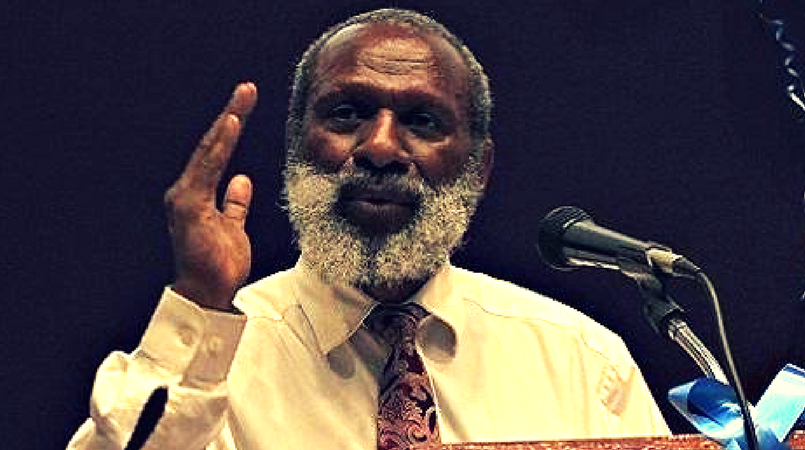
Public office holders accused of misconduct will now be suspended from office by operation of law at the point when the Public Prosecutor presents the charges on alleged misconduct in public office to the Leadership Tribunal.
This was the effect of a Supreme Court interpretation handed down on 22 December 2017.
“This puts an end to many decades of confusion,” says Shadow Attorney General, Kerenga Kua.
Prior to this decision, the courts took various conflicting positions that suspension took place when:
- The Public Prosecutor referred the leader to the appropriate authority, or
- When the appropriate authority appointed a tribunal, or
- When the Public Prosecutor presented the charges to the tribunal.
Kua now urges the Attorney General, Davies Stevens, to take the matter further by bringing to Parliament a bill to amend the relevant provisions of the Organic Law on the Duties and Responsibilities of Leadership to bring it in line with this landmark Supreme Court decision.
Kua said: “This decision was given by a majority of 3 judges with 2 other judges taking a different position.
“This means there is still a risk of a future bench of 5 judges taking a different approach, thus reactivating future confusion.
“The risk is real because the confusion has been there since 1991, with different judges of the Supreme Court taking different positions.
“The slim majority of 3 against 2 in the current decision makes it a fertile ground for further disputing opinions in the Supreme Court, leaving it open to more judicial debates and more confusion to the public.
“To eliminate that, the Attorney General must now bring to Parliament a bill to amend the Organic Law.”
Kua said the Parliament must now be asked by the Attorney General to bring final clarity to this important area of law concerning exactly when a leader accused of misconduct should go into suspension till he clears himself by due process of law.
“The Ombudsman Commission ought to be congratulated for putting the important issue to the Supreme Court for clarity,” he said.
“With the Supreme Court ruling, the final step must be taken on the floor of Parliament and this responsibility rests with the Attorney General and the Constitutional and Law Reform Commission.”
